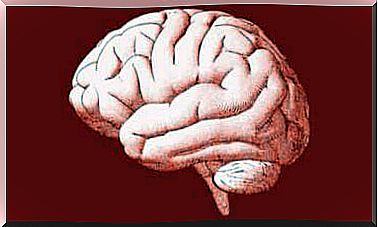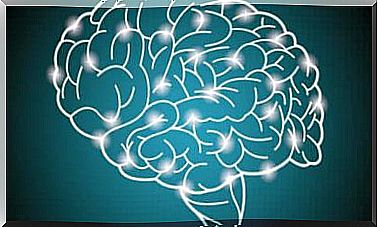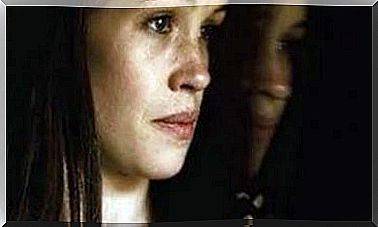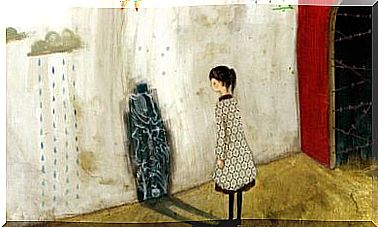The Case Of The Lost Sailor
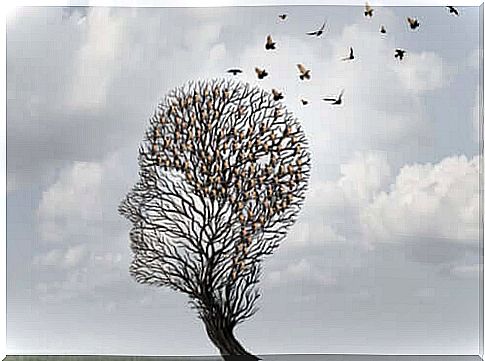
The case of the lost sailor is very fascinating, although it is a real tragedy for the protagonist. It tells of one of the many consequences that alcoholism can have on cognitive functions. In some cases, these aftermaths do not manifest themselves immediately, but over a long time.
The protagonist of The Case of the Lost Sailor is a man named Jimmie G. He is described as an intelligent, friendly, excellent conversationalist and exuberant man. At first glance, it doesn’t seem to have any specific peculiarities. His mood is calm and affable.
Nonetheless, one day he turns to a nursing home, taking with him an enigmatic certificate, which does not seem to correspond to him. This certificate described him as a “helpless, demented, confused and disoriented” subject. Reason why, a neurologist should have followed him. Fortunately, Dr. Oliver Sacks, a particularly sensitive and open man, took care of him.
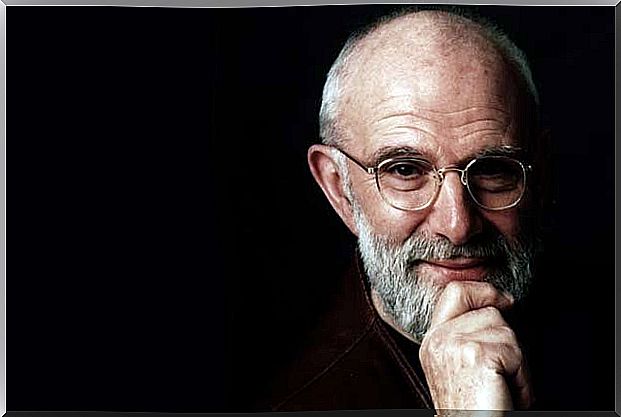
A revealing visit
The first visit began in a completely normal way. Jimmie G. spoke of his past with great joy and enthusiasm.
He had worked as a radio operator in the Navy and was a substitute member in submarines, which filled him with pride and brought back wonderful memories.
The protagonist of The Case of the Lost Sailor had thick white hair. He answered questions about his hometown with remarkable precision. And he even offered to draw a map, expressing himself fondly about his place of origin. He also talked about his school, his passion for mathematics and even remembered the telephone numbers of his childhood.
What he loved most was talking about his experiences in the Navy. He told of the missions he had done. He also said that he wanted to continue working for the Navy, but then preferred to go to university.
The neurologist noticed something special in his way of talking about the past. When Jimmie talked about his childhood, he did it in the past tense. While when he spoke of the Navy, he did so in the present.
The case of the lost sailor and memory
As soon as the neurologist noticed this peculiarity, with a simple intuition, he asked Jimmie what year they were in. The patient was very surprised by the question and then, of course, replied: “In 1945”. And he added “We won the war”. Faced with this curious answer, Dr. Sacks again asked his age. Even more surprised, Jimmie replied that he was about to turn 20.
It was evident that Jimmie was confused. At that point, in a rash way, the neurologist took a mirror and placed it in front of him. He wanted the man to see with his own eyes that he had white hair, wrinkles on his face and that he was clearly not young at all.
Although Dr. Sacks’ intent was to confront him with reality, the effect he achieved was astonishing. Jimmie was utterly shocked and didn’t believe what was in front of his eyes. He thought it was a joke or a nightmare. He wondered if he had gone mad. That image in the mirror did not correspond in any way to the image he had of himself.

A revealing fact
The neurologist understood his mistake and diverted the conversation to other topics. He managed to make Jimmie forget the mirror and the reflected image. A little later, the doctor had to go away for a moment.
Upon his return, Jimmie was no longer able to recognize him. It was as if she had never seen him. This fact allowed Sacks to get an idea of what was happening.
The lost sailor problem is known as anterograde amnesia. This disorder is the inability to store short-term memories. He remembers everything that happened before the amnesia, but not what happened in the last five minutes. That’s what was happening to Jimmie.
After investigating his past, he discovered that Jimmie had been an alcoholic for many years. This had damaged his brain, causing a disorder known as Korsakov’s syndrome. All alcoholics are at risk of suffering from this disorder, as alcohol alters the metabolism of vitamin B1, which affects the central nervous system.
The case of the lost sailor tells us not only of a neurological rarity, but also of a completely human tragedy. No longer having short-term memory means no longer having a life. Memory is a fundamental aspect of our identity and the inability to store memories relegates us to a limbo where time ceases to flow.



